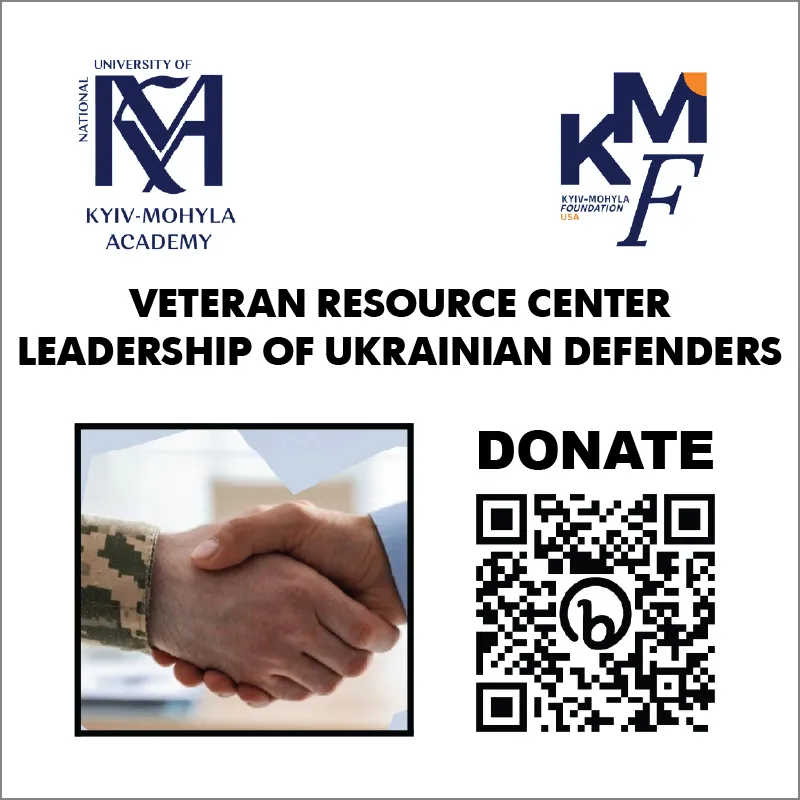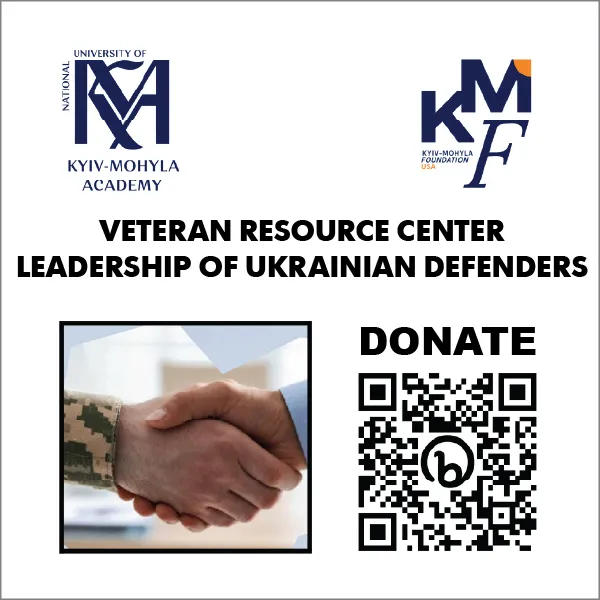
In a web of war, diplomacy, and worldview
In June 2025, Ukraine found itself at the center of a multidimensional web: of missiles and drones, of negotiations and summits, of military breakthroughs and political pauses. This web not only entangles, but also holds: Ukraine balances on it between fatigue and faith, independence and dependence, the future and what must be endured.
1. The web of attack: “The web” as a breakthrough hurricane attack.
On June 1, Ukraine carried out the most resonant special operation on enemy territory since the beginning of the war. Operation “Web” struck at the very heart of Russia's strategic aviation. Using kamikaze drones hidden in ordinary transport trucks, five rear airfields were attacked: Olenya, Ivanovo, Dyagilevo, Bila, and Ukrainka. The targets were strategic aircraft capable of carrying cruise missiles and tactical nuclear weapons.
According to official data from the Ukrainian General Staff, up to 41 aircraft were hit or disabled, including TU-95MS, TU-160, TU-22MZ, and A-50. Western sources confirm that 10-13 aircraft were completely destroyed, while the rest were seriously damaged. Official Russian sources, frightened, do not write anything about complete destruction, but they are forced to admit “partial damage,” although they try to reassure their flock with reduced figures of about 15 losses.
This strike not only caused damage, but also created a new logic of war: even distant Russian military bases are no longer out of reach. The greatest effect is the colossal psychological impact: a) Ukrainian society received positive emotions and another well-deserved boost of pride in its own army, b) the Western world was once again convinced that Ukraine is fighting and has no intention of surrendering to the enemy, c) Russia was humiliated.
2. A web of pressure: Istanbul and an unfavorable “peace.”
On June 2, the second round of negotiations between Ukraine and Russia took place in Istanbul, mediated by Turkey. Western sources report that a ceasefire formula was proposed without guarantees of Ukraine's accession to NATO and without the immediate return of territories. However, from the fragments of information available, it is possible to piece together a picture that this was yet another set of absurd Russian ultimatums, which would have meant Ukraine's capitulation. In reality, the entire Istanbul process (initiated not by Ukraine, but by the new US administration) is aimed at geopolitical legitimization of Putin and his clique. To prevent Ukraine from “getting off the hook,” Russia is initiating another prisoner exchange, or even, for the last time, an exchange of the dead. Of course, even if there is an opportunity to free a single Ukrainian prisoner, it cannot be ignored, but exchanges have taken place before without trips to Istanbul. So it is not surprising that there is a suspicion that the date of the Ukrainian special operation “Pavutina” (Web) did not coincide with the eve of the negotiations by chance. Of course, such an operation takes a long time to prepare, many months, but the exact dates can be adjusted, and in this case, it is quite possible that an additional function of the SBU (Security Service of Ukraine ) operation was to try to disrupt the negotiations in Istanbul, which were unfavorable for Ukraine. In any case, politically, these negotiations ended without progress.
3. The web of global confrontation: the Middle East draws attention.
On June 12, a new front in the global conflict opened: Iran and Israel exchanged massive strikes (with Israel being successful and Iran being ineffective), and the US sided with Israel. For Ukraine, this meant a temporary decline in priority in the distribution of Western attention and resources.
Washington assured Kyiv of its continued support, but the very fact that Ukraine is no longer the only front in the world sent a loud signal. In the global web of interests, even a heroic struggle can disappear from the spotlight in favor of new global crises.
4. The web of diplomacy: NATO summit – support without guarantees.
On June 24-25, another NATO summit took place in the Hague, and Ukraine received the expected assurance of multi-billion dollar aid, mainly for air defense, drones, and electronic warfare equipment. However, there was no hint of any political decision, such as the prospect of NATO membership, and it is clear that there could not have been. The fact that Zelenskyy, in order not to further irritate Trump and his entourage with his military-casual style, changed his clothes to a suit was more striking than the Ukrainian president's participation in the summit itself.
Zelenskyy made a direct appeal: “We are not asking for mercy. We are asking for the tools to win. If we are not given a plan for accession, we will fight without it.”
Donald Trump, present as the main “star” of the summit, said: “America has to think about itself. We must not get involved in wars that have no clear victory.”
Not only Ukrainians, but also our true foreign friends understand that Ukraine deserves more. But in the diplomatic web, decisions are not always made based on fairness. Often, they are made based on convenience.
5. The web of time: a marathon and long-term power without elections.
In June, Zelenskyy gave a series of interviews to foreign media outlets: CNN, The Economist, Politico, Le Monde, where he proclaimed a new reality: the war will be long, lasting many years. At the same time, he made it clear that during these long years, the legitimacy of the government, and first and foremost his personal legitimacy, would be preserved even without elections.
“We are no longer waiting for a quick end. We are living in a war. This is a marathon, not a sprint” [The Economist].
“If I leave, the state will lose focus. If I stay, we will maintain unity. The question is not about elections. The question is about responsibility” [Politico].
This is no longer the rhetoric of the beginning of the war. This is a project of long-term governance during martial law. Considering that the weighted average forecast for the duration of the war according to biological and mathematical analysis is another 13 years, the prospect emerges that Ukraine will be offered continuity of power for all of those 13 years. So far, the majority of Ukrainian society is not thinking much about democracy, and Western politicians are trying to avoid talking about it, but will this tacit agreement continue with each passing year?
Conclusion: it is better to weave your own web than to get tangled up in someone else's.
June 2025 made it clear: Ukraine is not a victim in someone else's web, but an active player weaving its own – through drones, through losses, through diplomacy, through vision, through position, through rejection of weakness.
It is a difficult path, but if Ukrainians are capable of striking Russia's strategic aviation deep inside its territory, then we want to believe that we are capable of building a new model of security and sovereignty that no one will be able to break – neither with missiles, nor threats, nor diplomatic tricks.
But every web, even if skillfully woven, risks becoming a trap for its creator. For the sake of victory, the country can and must act decisively. But for the sake of the future, it has no right to lose its democratic essence.
Freedom is not only a value that Ukrainians defend on the front lines. Freedom must exist within the state itself. Freedom is the foundation without which Ukraine will have neither normal peace, nor normal reconstruction, nor normal statehood.
Ukraine has demonstrated to the whole world that it is capable of defending its statehood. But whether this statehood will be democratic is a big question. The answer to this question must be given by Ukrainians themselves. And this is no longer about a web as a temporary structure. This is about the essence of their own worldview.





